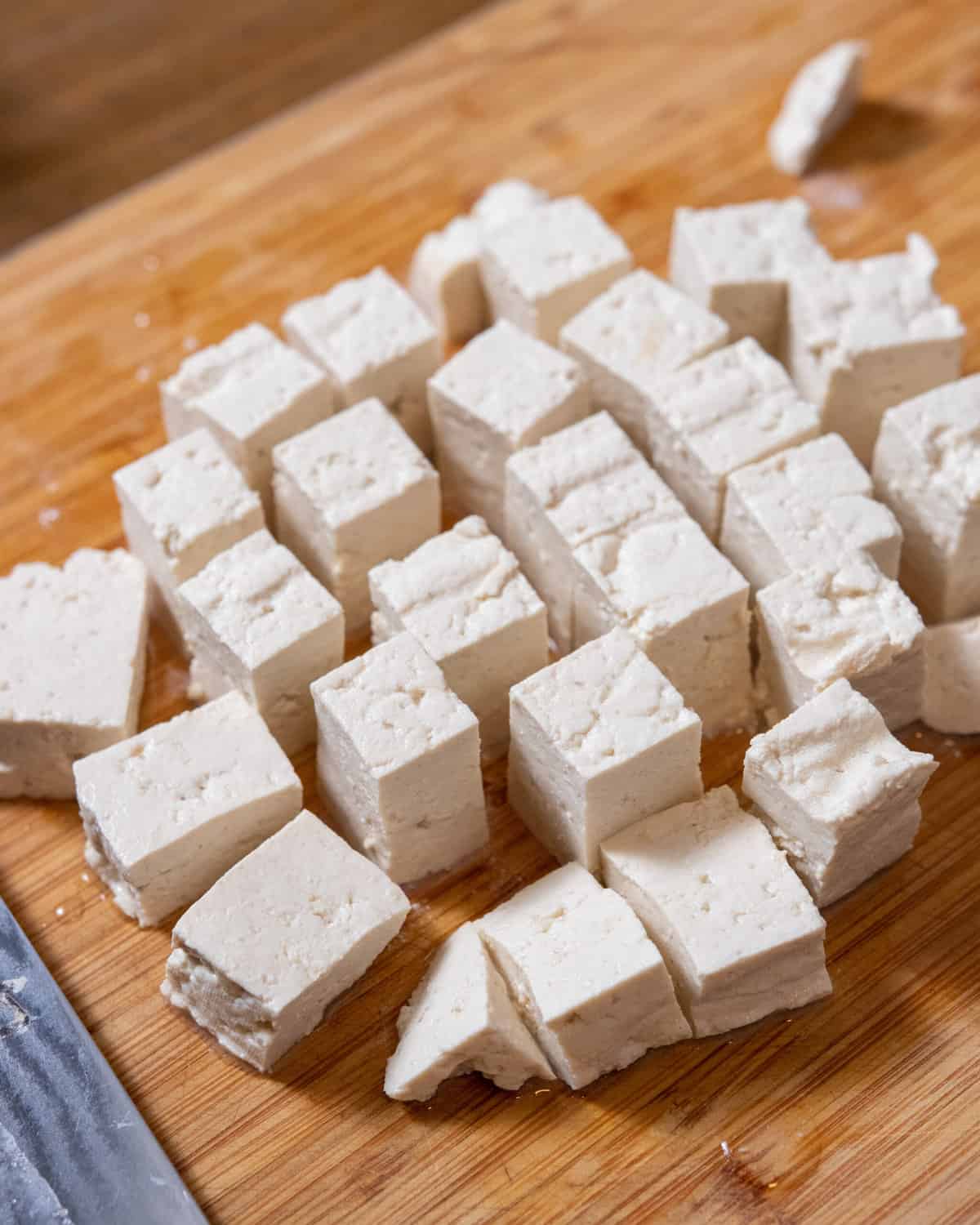
Tofu (टोफु)
Tofu is a popular plant-based protein made from soybeans, which is coagulated and pressed into blocks. It originated in China but has become widely consumed around the world, especially among...
Get Tofu (टोफु) From Nearby Stores
No Recommendations Available
We couldn't find any stores with Tofu (टोफु) products at the moment.